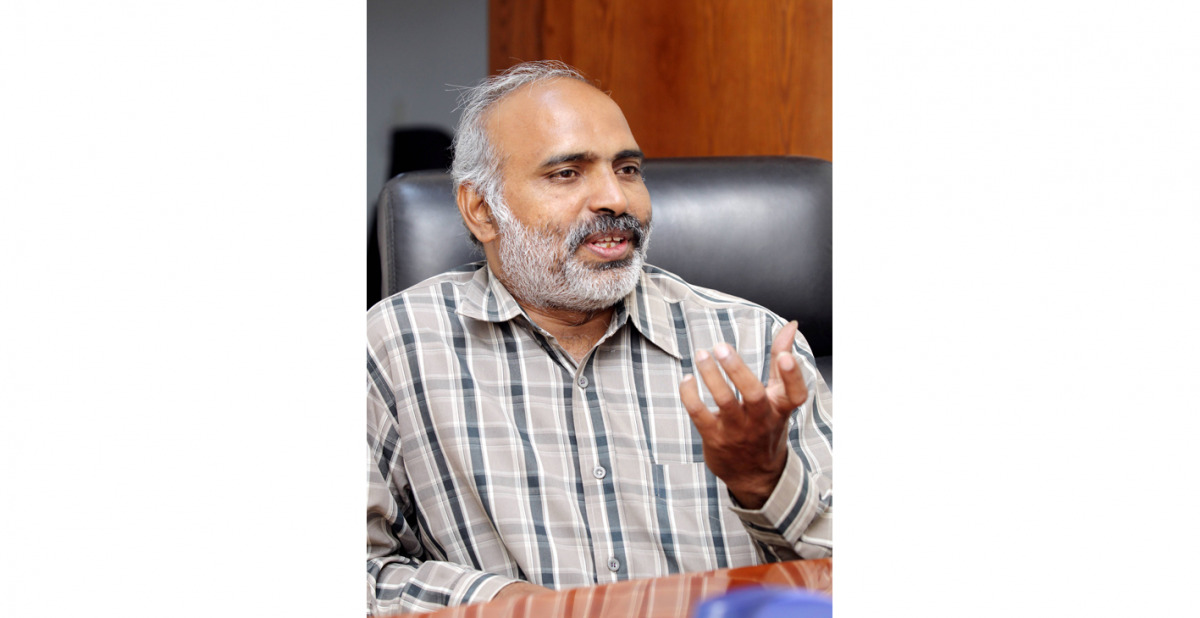

BY MOBIN PANDIT
DOHA: An Indian who has so far produced 14 films on different social issues, including children’s plight, is now making a film on the exploitation of Gulf-bound fellow Indians by local manpower agencies.
How poor Indians looking for what they believe are dream jobs in the Gulf shell out tens of thousands of rupees to unscrupulous recruiting agencies and their middlemen and many of them end up in a trap will be highlighted in the upcoming film.
To be titled Gulf, the two-hour movie will be in Hindi, Telugu and Malayalam.
The film-maker, Sunil Kumar Reddy, comes from the south Indian state of Andhra Pradesh where the lingua franca is Telugu.
All his previous films, barring one which was in Malayalam, the language spoken in Kerala (which sends the largest number of Indians to the Gulf), were in Telugu.
Reddy is a mechanical engineer by training. He graduated in engineering from Chennai and went to New Delhi to make preparations for civil service exams, and later took to film-making on burning social issues.
Reddy who has recently been touring the Gulf region in connection with his film project, was in Qatar briefly and left for Bahrain yesterday.
He told this newspaper that having engineering background helped him as a film-maker as he could express “his creative ideas in a better way”.
Hailing from Vishakhapatnam, Reddy has his own film banner called Sravya (which in Telugu means melodious). It was launched in 2000.
His friends, especially his classmates from the engineering college, and co-producers were providing the finance for his films, he said.
Reddy said there were irregularities in the recruitment process and the Indian government was also to blame.
Citing an example, he said although India has banned the recruitment of its women aged less than 35 years to work as maids overseas, a lot of younger women were ending up in this part of the world as domestics.
“I was at the Indian embassy today (yesterday) and saw a 20-year-old woman who came here to work as a household helper,” said Reddy.
Unless the authorities are part of what should be a nexus, possibly how these women could travel through Indian airports overseas to work as maids, wondered Reddy.
He said he took to film-making because it was a powerful medium to communicate with the masses. “Fiction is a powerful tool to communicate with people.”
A guest faculty member at mass communication departments of some universities in his state, Reddy said while in Chennai he happened to watch some Malayalam film and “fell in love with them”.
He said he then learnt Malayalam and that’s how he could produce a feature film in the language. According to Reddy, he posed as a labourer and stayed in a labour camp in Dubai overnight to learn first-hand the woes of Indian workers in the Gulf.
Theirs is a pathetic situation. “I met one worker who hadn’t been home for nine years. Imagine, and he is married and has children!”.
Back home people consider only fellow Indians based in the US and Europe as NRIs (non-resident Indians), he said.
The fact is that Gulf-based Indians contribute more to the overall remittances routed by the NRIs home. “Their share in the total accounts for no less than 60 percent.”
In 2014, India received a staggering $65bn in remittances from NRIs, which accounted for 3.5 percent of the country’s GDP, for instance, said Reddy.
In reply to a question, he said the only way the lot of Indians coming to the Gulf could improve was to make them aware of the laws of these countries.
The Peninsula




